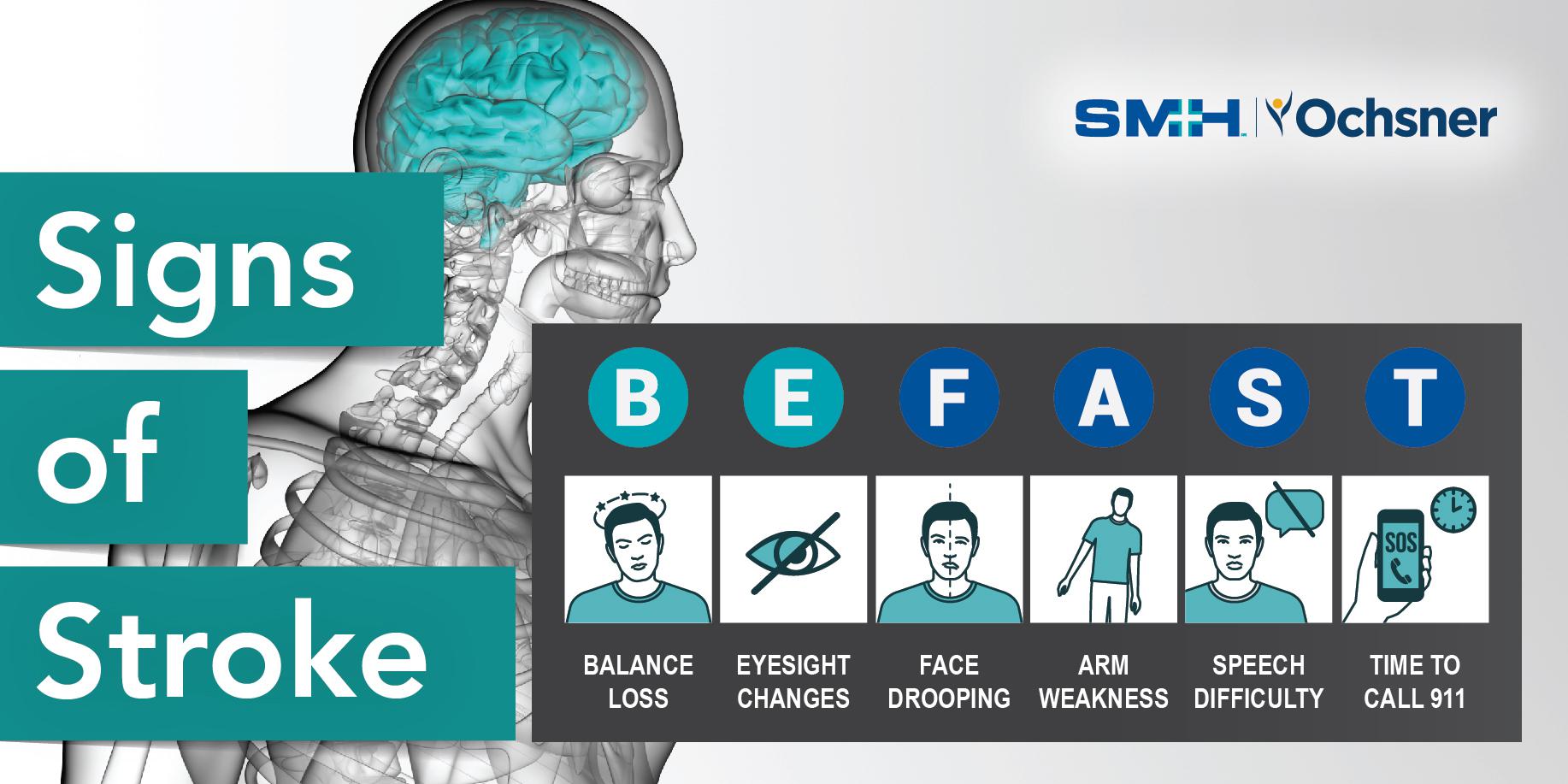Leslie Goertz's Stroke Survivor Story
When Leslie Goertz picked up an extra shift she had no idea that decision would ultimately save her life.
On February 5th, 2023, Slidell Memorial Hospital ICU nurse Leslie Goertz was asked to pick up an extra shift to help train a new nurse, Raylen Blackwell, on her very first day. The shift began as it normally does for Leslie, rounding on the patients who had spent the night in the ICU. Leslie was showing Raylen the ropes and processes that occur daily on the ICU floor.
At approximately 11:30 a.m. the pair began visiting the rooms delivering medication when Leslie noticed that she began feeling a cold sensation in her legs. Within minutes Leslie began experiencing the sudden onset of additional symptoms such as slurred speech, weakness on her left side and facial drooping. When Raylen noticed the facial drooping, she decided to alert the charge nurse, Lauren, who immediately called the Emergency Department to notify them of a “code stroke.” Leslie was experiencing an acute ischemic stroke.
Once she was loaded onto a stretcher, Leslie recalls being unable to speak clearly or move her left side, but she did notice that Raylen did not leave her side the entire time, even performing her EKG. Within 25 minutes of receiving Tenecteplase (TNK), a protein that breaks up blood clots, her symptoms greatly improved. Today Leslie is fully recovered and is still working with Raylen in the ICU.
When asked about her experience she shared, "I am so grateful to Raylen and her swift actions that day. I believe people are put on your path for a reason, and I don't know what would have happened if I had been at home that day."
Leslie's story proves that a stroke can happen to anyone at any time. It is important to know the signs of a stroke and to act quickly when you notice something out of the ordinary with your body.

Stroke is the No. 5 cause of death and the leading cause of serious long-term disability in the U.S., according to the American Heart Association. The symptoms of a stroke can be easily remembered by the acronym B E F A S T. It is important to know these symptoms for not only yourself but others.
B- Sudden loss of balance or coordination
E-Sudden changes in vision such as blurred, double or loss of vision
F- Drooping or numbness of the face
A-Weakness of the arms on one side of your body
S- Inability to speak or slurred speech.
T- Call 911 immediately if you experience any symptoms and record the time that symptoms begin
Time is the most important factor when experiencing a stroke. Seeking treatment quickly can mean the difference between life and death. Call 911 immediately if you recognize any of the above symptoms in yourself or others, it could result in saving a life.
